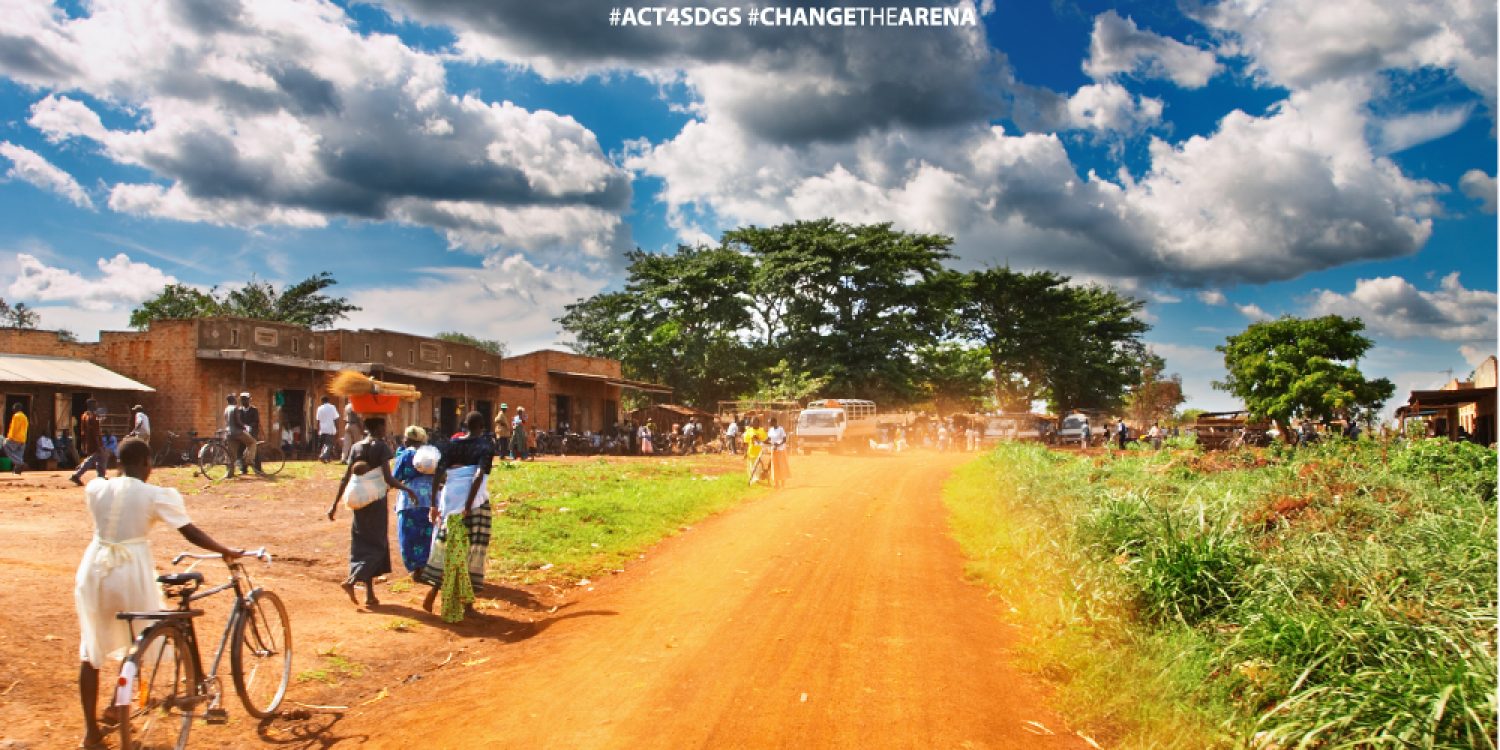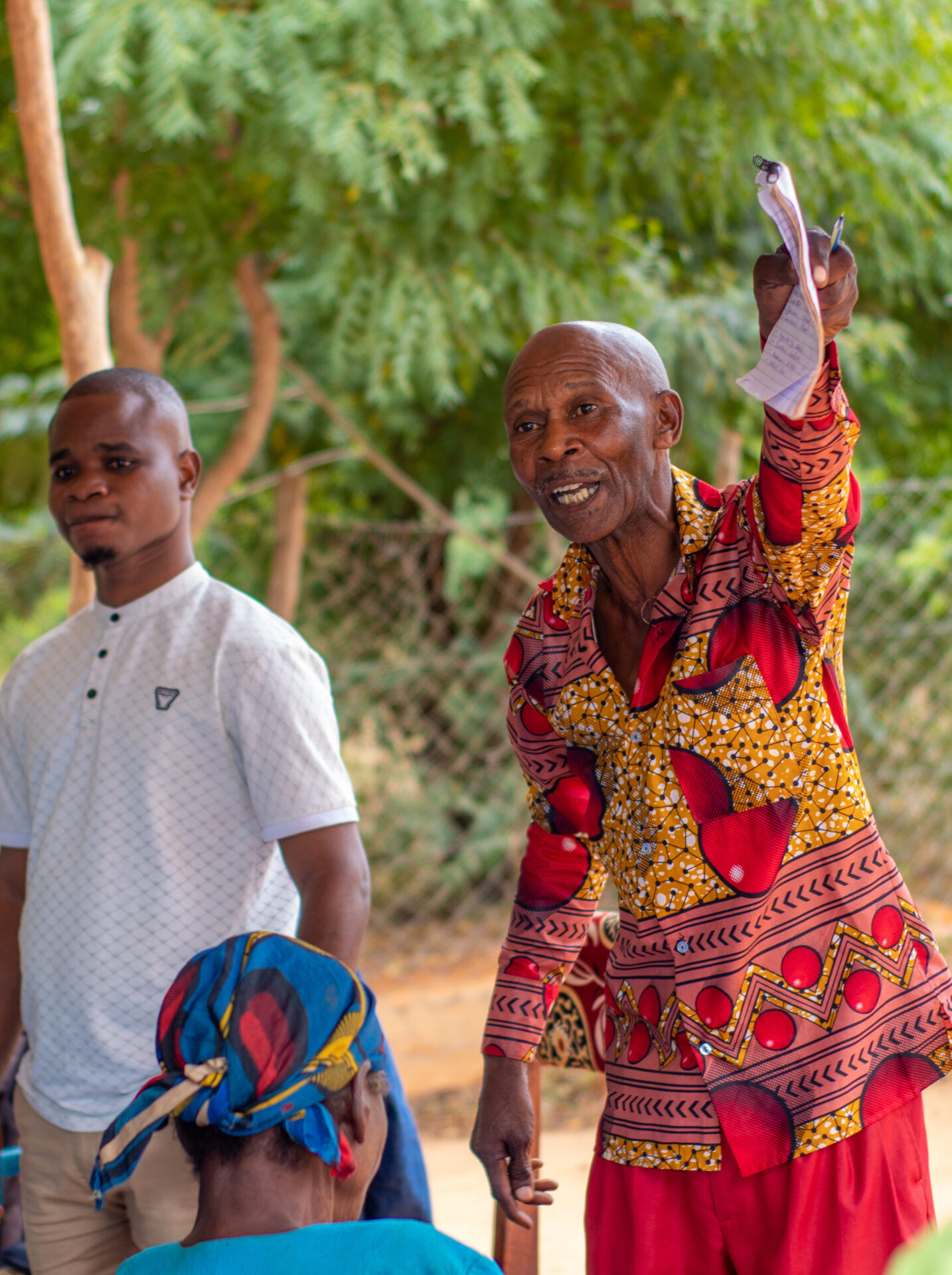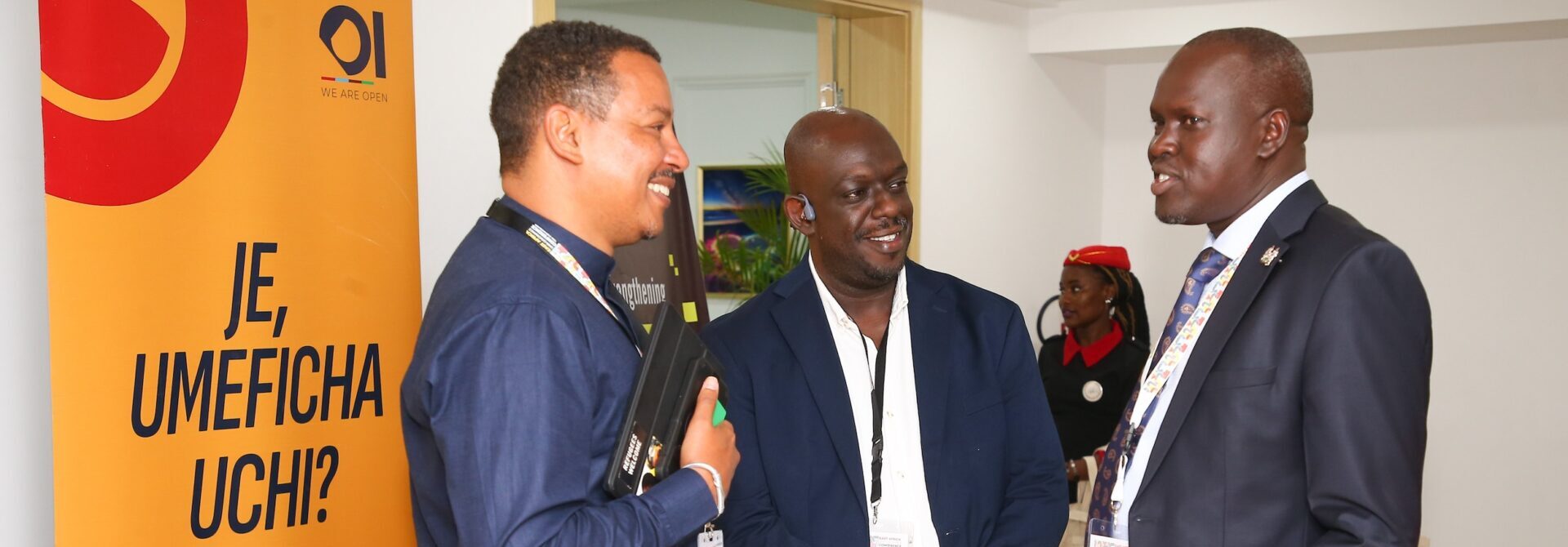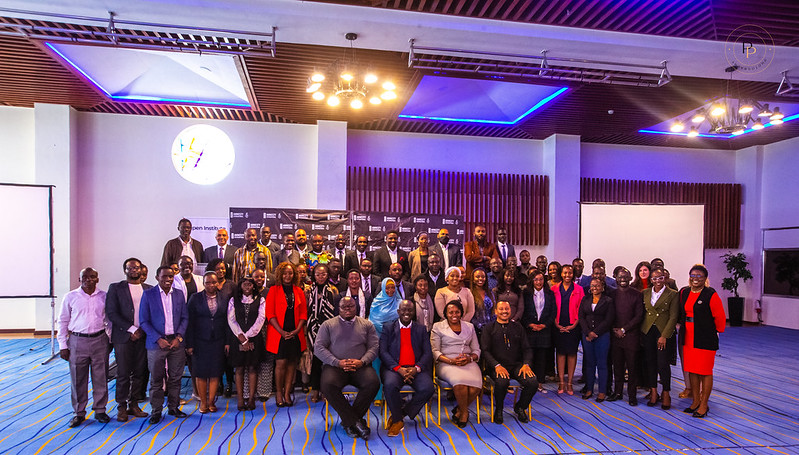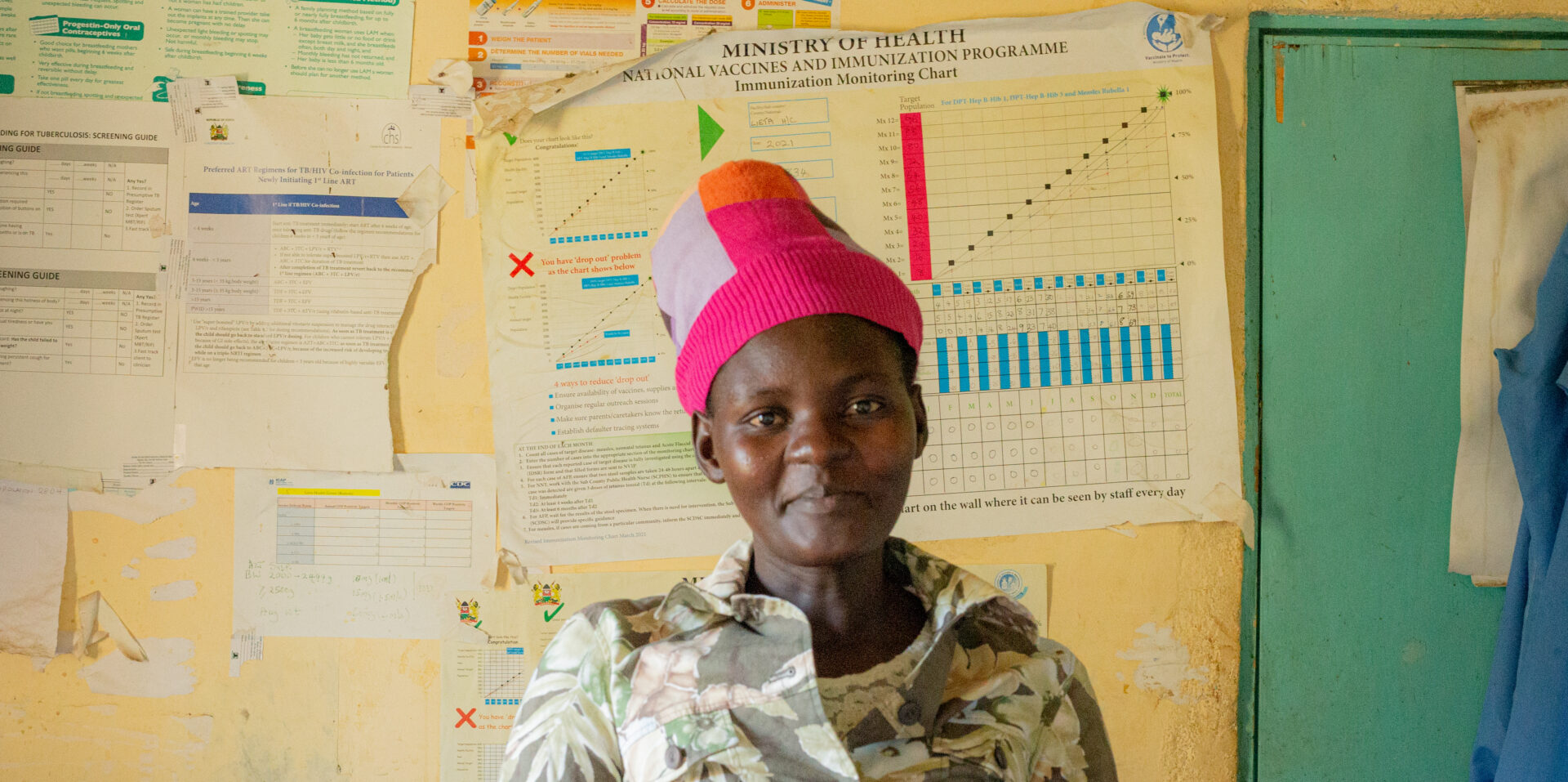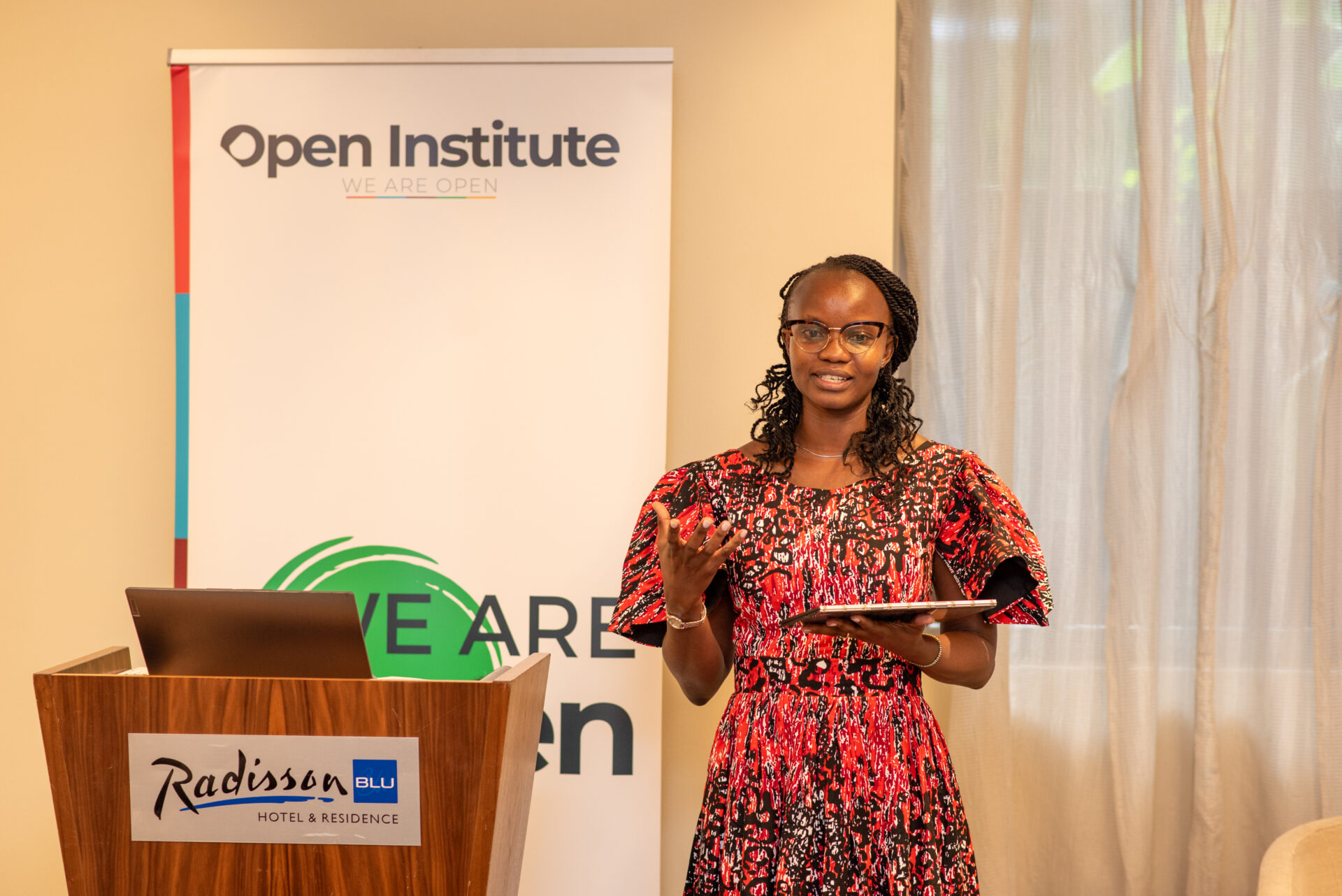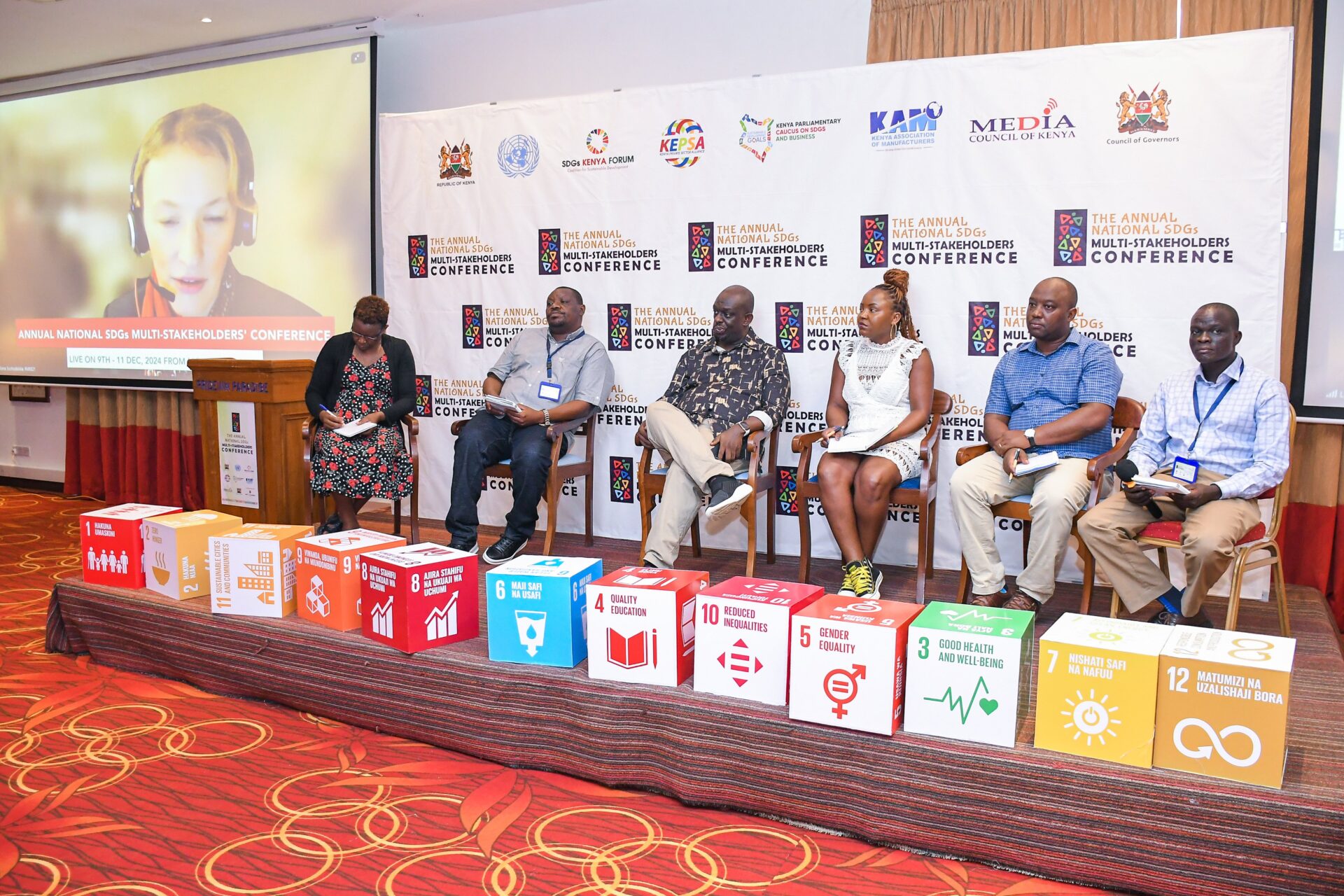Today marks the start of the Global Goals Week 2022, a shared commitment between more than 170 partners in civil society, business, academia, and the UN system to accelerate action on the Sustainable Development Goals (SDGs), especially during the UN General Assembly High-level Week. Thousands of organisations and stakeholders congregate in hundreds of events worldwide to discuss ways to accelerate the slow progress of achieving the SDGs, how we could involve citizens better, and leverage business, technology and other opportunities to drive development.
There is a real danger that we may not achieve the SDGs by 2030, considering the combined challenges posed by the COVID-19 pandemic that the world continues to struggle to recover from and the Russia-Ukraine war that has significantly hurt the global economy. Many families worldwide have rolled back into poverty as jobs have been lost and business opportunities have shrunk. Even worse, the effects of climate change around the world have left many families displaced and millions globally (half a million people in Kenya alone) facing starvation as they suffer prolonged drought.
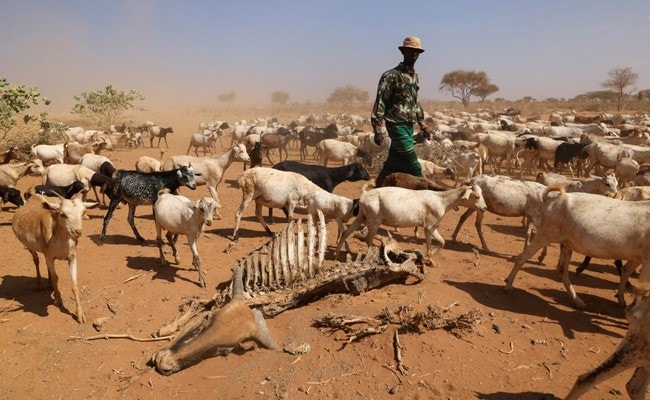
Over the past 10 years, we are now even more clear that active citizenship generally happens at local and hyperlocal levels. People care more about what aspects of development they touch – the roads they use, the hospital they go to, the school their children go to, whether water runs in their taps and whether electricity is consistent. They review and understand the budgets for those things that they care about. We have learnt that we are more likely to trigger increased interest and action by engaging people at local and hyperlocal levels. To wit, if budget data is published relating to projects in my ward that affect me, I am more likely to be an active citizen.
In the work we have done on the Global Goals for Global Impact, working with communities on citizen-generated data, we learnt that citizens could identify what should be prioritised in their communities. They can guide development stakeholders on what they can contribute and that they can most sustainably manage. It is not uncommon in Kenya and in Africa to see villages that have many boreholes dug by well meaning organisations, that are currently lying dead as the community is not empowered to maintain them. This can be avoided by ensuring the community is in the driver’s seat of development.
To accelerate development and increase the SDG achievement rate, there is an opportunity to build robust support systems for local and hyperlocal citizen engagement. For example, it is easier for one to speak up at a public participation meeting if they feel they have the backup of other community members and have a firm grasp of relevant information. There is a substantial opportunity for community-based organisations and groups to be harnessed to give power to citizens at the local level to use their voices. Norms are built and shared by “our people”, who we trust and whose opinions we value. Community-Based Organisations and local mobilisers and organisers have the highest chance of developing that trust and esteem in their communities because they are homegrown.
As we go through the events organised for the Global Goals Week, we urge all of us to consider ways we can accelerate our achievement of the global goals, by changing the arena of development from international and national, to local and hyperlocal.

